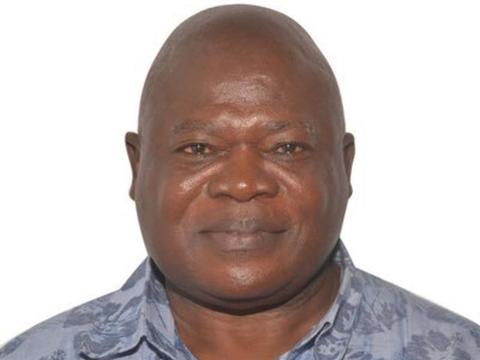By Saio Marrah
Audit Sierra Leone’s Performance Report on Public Debt Management published by the Ministry of Finance (MOF) has revealed that the measures put in place to manage the public debt have not been effective.
The report pointed out that the principle of accountability, transparency, and participation is lacking.
As a result, the Public Debt Management Division (PDMD) under the MOF that is charged with the responsibility of ensuring debt management has not been able to develop annual borrowing plans, effective monitoring, reporting, and evaluation of public debt activities.
The report also highlighted that MOF was not able to develop Medium Term strategies and ensure that due diligence is considered going forward to achieve the arrears clearance strategies and principles.
As a result, it has resulted to refund of ineligible debts, overpayment to suppliers, and failure to submit debt reports to Parliament.
The report indicated that ‘though there are clear legal requirements that the ministry should follow in the management of public debts, it clearly showed that PDMD did not comply with these requirements which have a direct effect on the overall sustainability of public debts.’
‘The ministry does not seem to comply with the preparation of annual borrowing plan which is an effective tool in public debt management. This indicates non-compliance with the provisions,’ it reads.
The report noted that even though government aims to maintain public debt at a sustainable threshold of not more than 70% in nominal terms and 55% in present value terms, external debt will not exceed 40% of Gross Domestic Product (GDP) in present value terms.
“The total public debt stock of Sierra Leone at the end of December 2020 amounted to 30.71 trillion, of which external and domestic debts accounted for Le 20.05 trillion and Le 10.66 trillion, respectively,’ it reveals.
The audit says that as of the last Development Sustainability Analysis (DSA) in June 2020, both external and overall risk of debt distress remains “high.”
World Bank observed that Sierra Leone faces risks and challenges, as the main domestic macroeconomic risks are continued high public debt and domestic payment of arrears, slower than expected revenues, and rapid growth in monetary aggregates, including the associated inflationary risks and financial sector weaknesses.
It also stated that the review of the report on monitoring of loans and grant-funded projects nationwide titled “Country Programme Portfolio Review Documents (CPPR)”, done by the donors and in collaboration with the National Monitoring Evaluation Department (NaMED) revealed delays in the implementation of the project due to lack of proper monitoring by the responsible ministries and other stakeholders.
Thus, the failure to monitor the implementation of those projects has led to the non-achievement of the set goals and objectives for which those loans were acquired as per the CPPR report, which clearly shows that some of those projects should have been completed long ago.
It is observed in the report that allocations and grants for MDAs which were not paid during the previous year are committed and paid as domestic arrears and that those allocations and grants are not tied to any specific contract or invoice, but should be used as their operational running cost such as impress.
The management of public debt is aimed at improving the economic growth and development of a country for both current and future generations.
Copyright © 2022 Politico Online (12/08/22)








